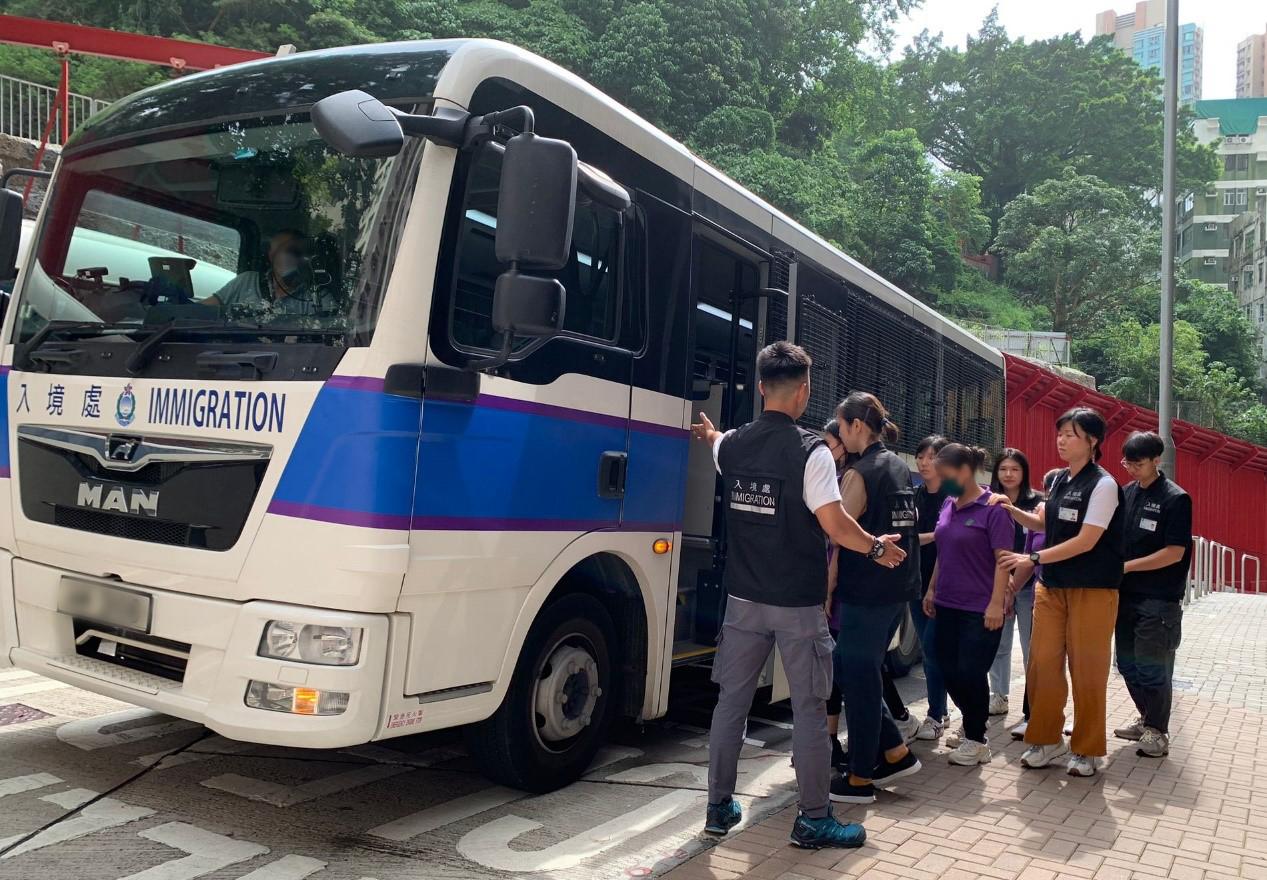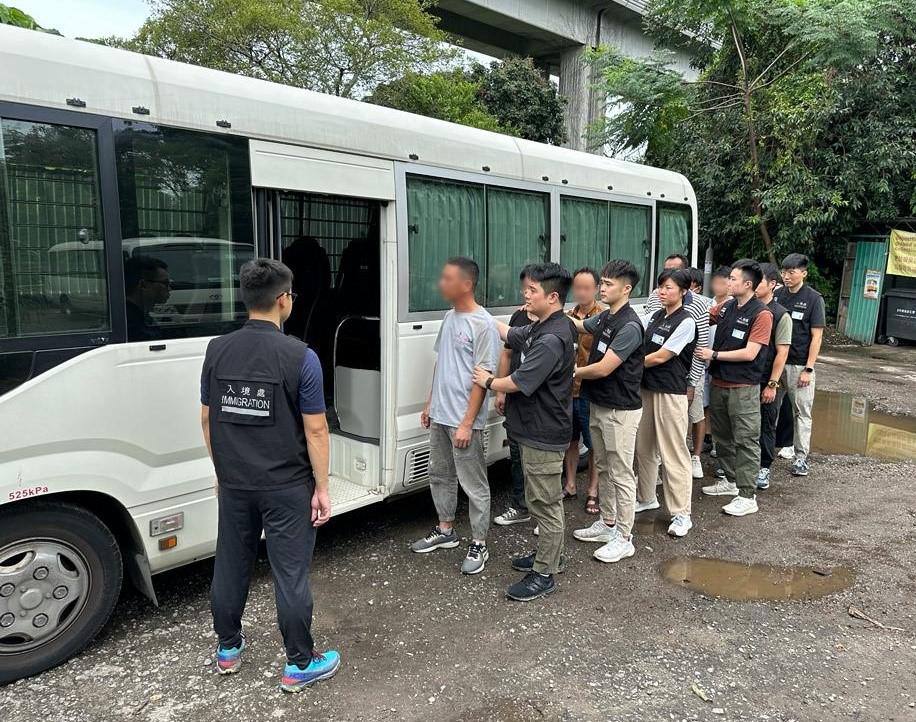CE meets Consul-General of Japan in HK to reiterate great concern on discharge plan of Fukushima nuclear power station
The Chief Executive, Mr John Lee, met the Consul-General of Japan in Hong Kong, Mr Kenichi Okada, today (July 21) upon request and expressed the Hong Kong Special Administrative Region (HKSAR) Government’s great concern on the discharge plan of the Fukushima Nuclear Power Station (FNPS) of Japan. Mr Lee also stated that the principal consideration of the HKSAR Government is to protect food safety and safeguard public health in Hong Kong. The Secretary for Environment and Ecology, Mr Tse Chin-wan, also attended the meeting.
At the meeting, Mr Lee pointed out to Mr Okada that the discharge, which will dump large volumes of wastewater into the ocean continuously for 30 years, is unprecedented and will cause unavoidable risks to food safety and the environment. Should the Japanese side insist on proceeding with the discharge, the HKSAR Government must put in place measures with the view to protect food safety and safeguard the health of citizens in Hong Kong. Such measures, which are essential and necessary, have been earlier announced by the Secretary for Environment and Ecology. The HKSAR Government will closely monitor developments and is willing to maintain communication with the Japanese side.
As announced by the Secretary for Environment and Ecology on July 12, based on the principle of effective precaution in advance, the HKSAR Government has planned that, once the Japanese side commences the discharge of wastewater, the import of aquatic products, including all live, frozen, chilled, dried, or otherwise preserved aquatic products, sea salt and unprocessed or processed seaweed, originating from 10 metropolis/prefectures, namely Tokyo, Fukushima, Chiba, Tochigi, Ibaraki, Gunma, Miyagi, Niigata, Nagano and Saitama would be prohibited immediately.
Apart from prohibiting aquatic products of relevant metropolis/prefectures from being imported into Hong Kong, the Centre for Food Safety (CFS) of the Food and Environmental Hygiene Department will perform its gatekeeping role at the import and retail levels, continue enhancing the testing on imported Japanese food, and adjust in a timely manner the corresponding monitoring work having regard to risk assessment. In fact, the CFS has since mid-June expanded the scope of testing to cover all Japanese aquatic products and stepped up tests on related processed food imported from Japan.
There are currently around 1.3 million cubic metres of radioactive wastewater, which involves at least 30 radionuclides, stored in some 1 000 tanks at the FNPS. The Japanese Government plans to discharge the wastewater into the Pacific Ocean for a period of 30 years, with an annual discharge volume of up to 15 million cubic metres after treatment and dilution. read more



